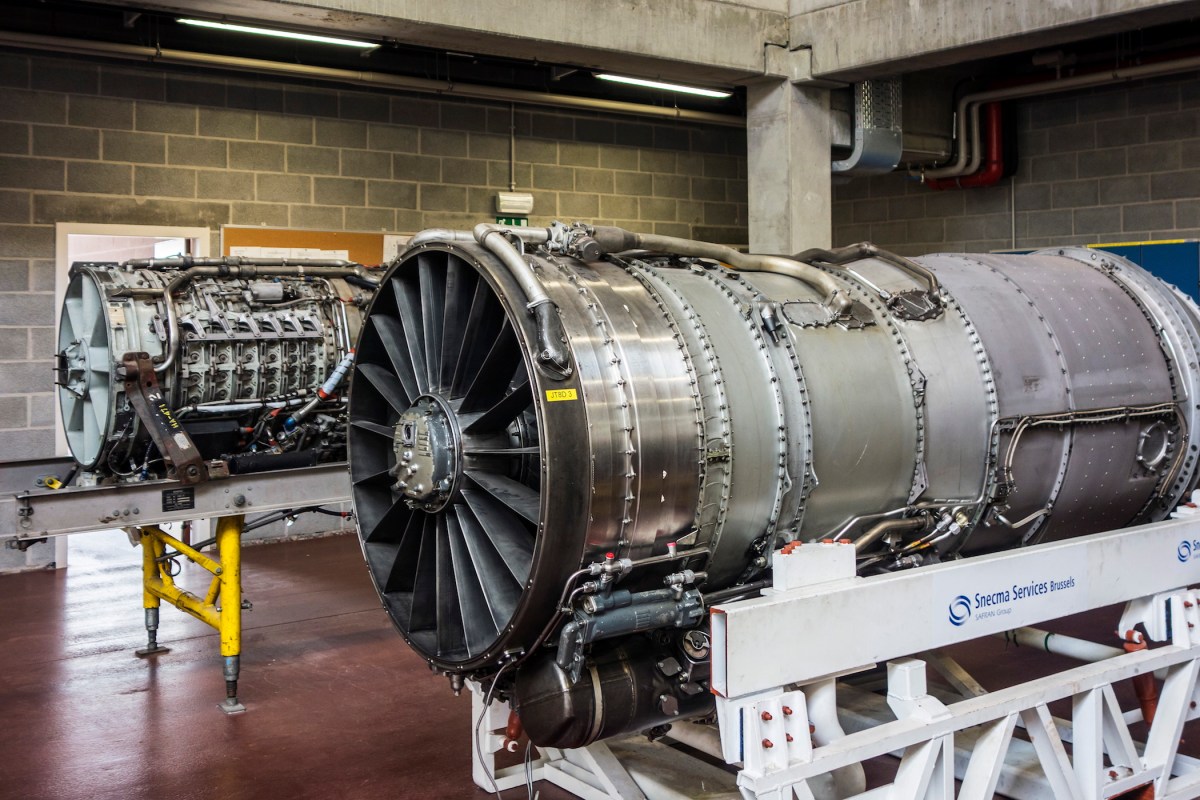Magnix, a research and development company focused on motors, is leading the way towards a future of electric flights. The company is currently trying to dream up an electric motor that can replace engines in airplanes. Though the realization of the technology remains off in the future, the reasons for transitioning away from plane engines are many, from the fact that planes account for 12 percent of greenhouse gas emissions released by modes of transportation in the US to the incredible cost of jet fuel.
The challenges of creating such a motor are many as well. The power-to-weight ratio for a plane motor is far more delicate than for an automobile, requiring plenty of tinkering. The process for Magnix right now involves figuring out what resources and cooling liquids are necessary to bring the electric motor into reality.
NASA and companies like Zunum and Eviation are also doing their own research into electric plane motors. Magnix hopes to move from lab tests to flight tests in about a year’s time, the company’s CEO Roei Ganzarski told Wired.
Thanks for reading InsideHook. Sign up for our daily newsletter and be in the know.


















